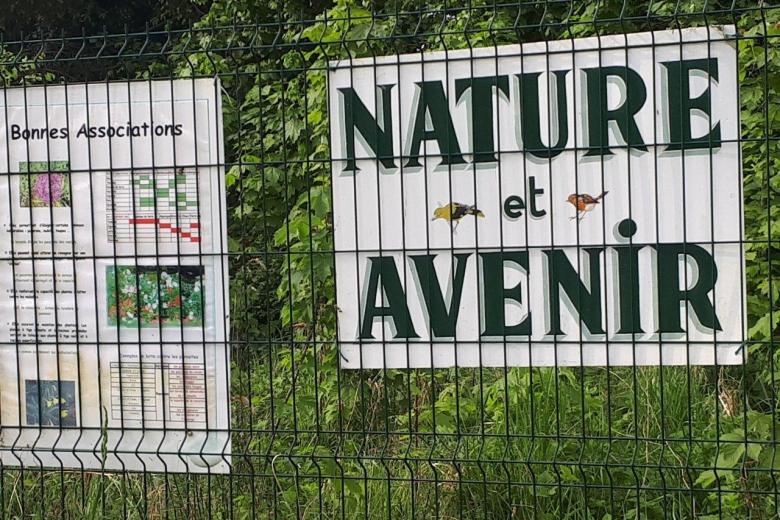
Latest blog articles
-

-
Democracy and Nihilism: denouncing contemporary populist rhetoric
In this piece, I will use two memes to begin to unpack what I think is the common denominator of contemporary populist rhetoric. I will explain that the real substance of this rhetoric is the creation of a false moral equivalence, revealing a nihilism. Finally, I will suggest how this false moral...

-
Legal science through the lens of fairy tales
Fairy tales, when understood as manuals of behaviour that are shared within the household, can serve as a means to study and understand the law at a specific time and space. This claim is not new. The Grimm Brothers, the renowned scholars Friedrich C. von Savigny (1779-1861) and John H. Wigmore...

-

-
The EU’s race to the bottom on asylum seekers’ rights
Throughout the EU, the rights of asylum seekers come under pressure. Overdue policy changes remain stuck in negotiations because of lacking political will. It is up to the European Commission to step up and protect the fundamental rights of asylum seekers.

-
How do the Dutch deal with their colonial past?
The debate on the implications of Dutch colonial rule in Indonesia recently intensified after a report concluded that the Dutch forces had used extreme violence. Reactions to the report reveal that the issue remains controversial and challenging to discuss. The findings in the report do however...

-

-
Providing a voice to the upcoming generation facing the challenges of environmental law
Today it has become impossible for one single person to master the whole field of environmental law, given its complexity and dynamic developments. Indeed, with the increasing manifestation of environmental crisis, law, being a powerful tool to address polluting behaviour, has become utterly complex...

-
Good intentions and detours on the road to diversity
Frank Dobbin and Alexandra Kalev’s new book, Getting to Diversity, offers data-backed evidence to substantiate what I have long suspected to be true: Many diversity and inclusivity trainings (e.g. mandatory implicit bias training, active allyship training, etc.) not only have little to no effect...

-
The technique of academic research: on research lines and second brains
An important part of becoming a fully-fledged academic is the development and curation of a research line. A research line is the main research topic and the thread throughout (large parts of) a career. It could be law and technology in private law, globalisation in public law, human rights in...
